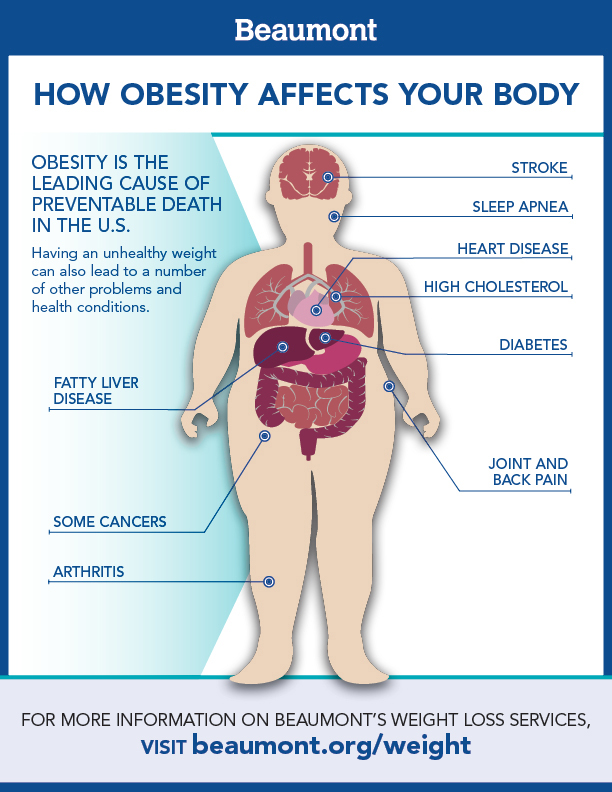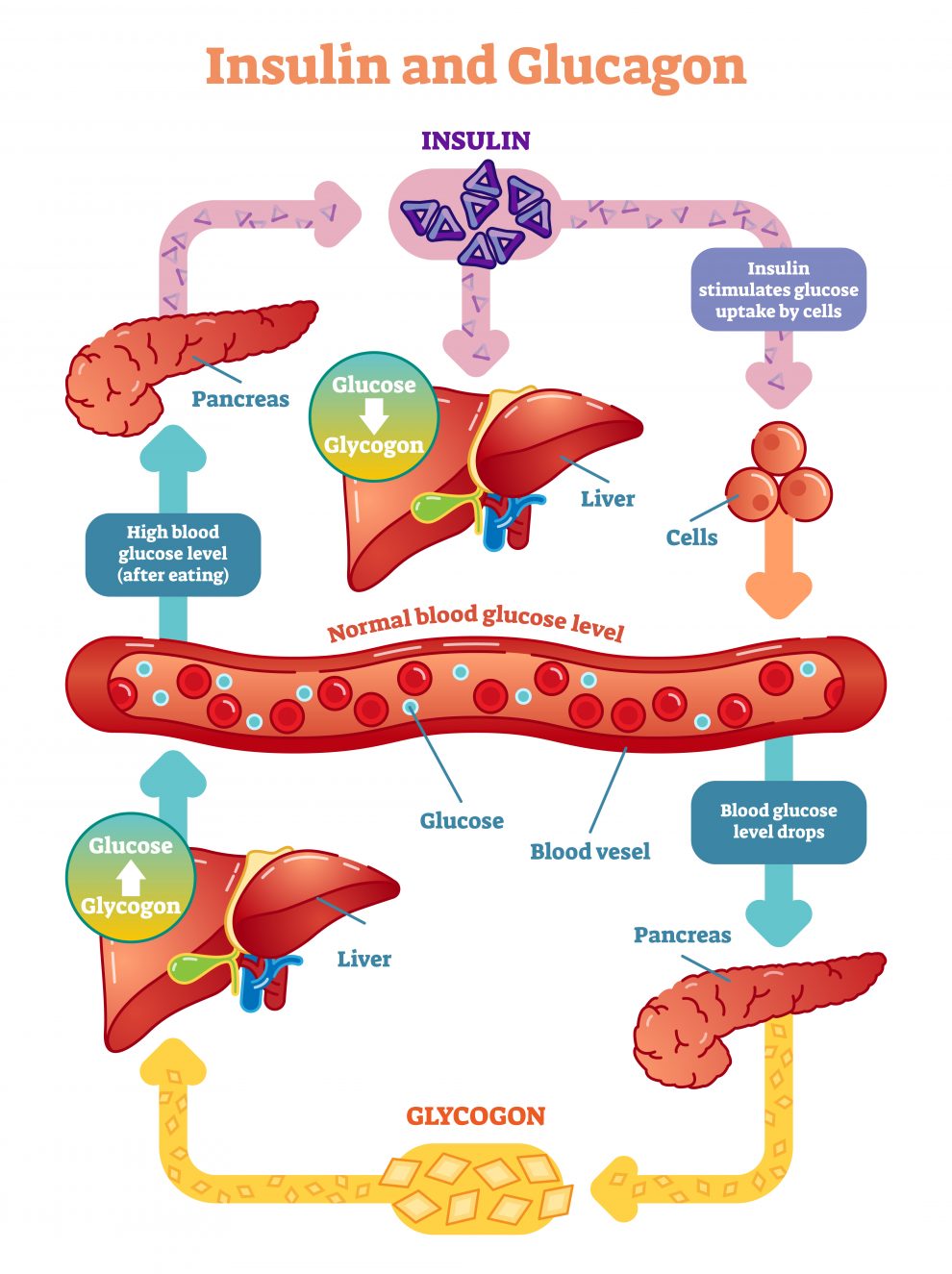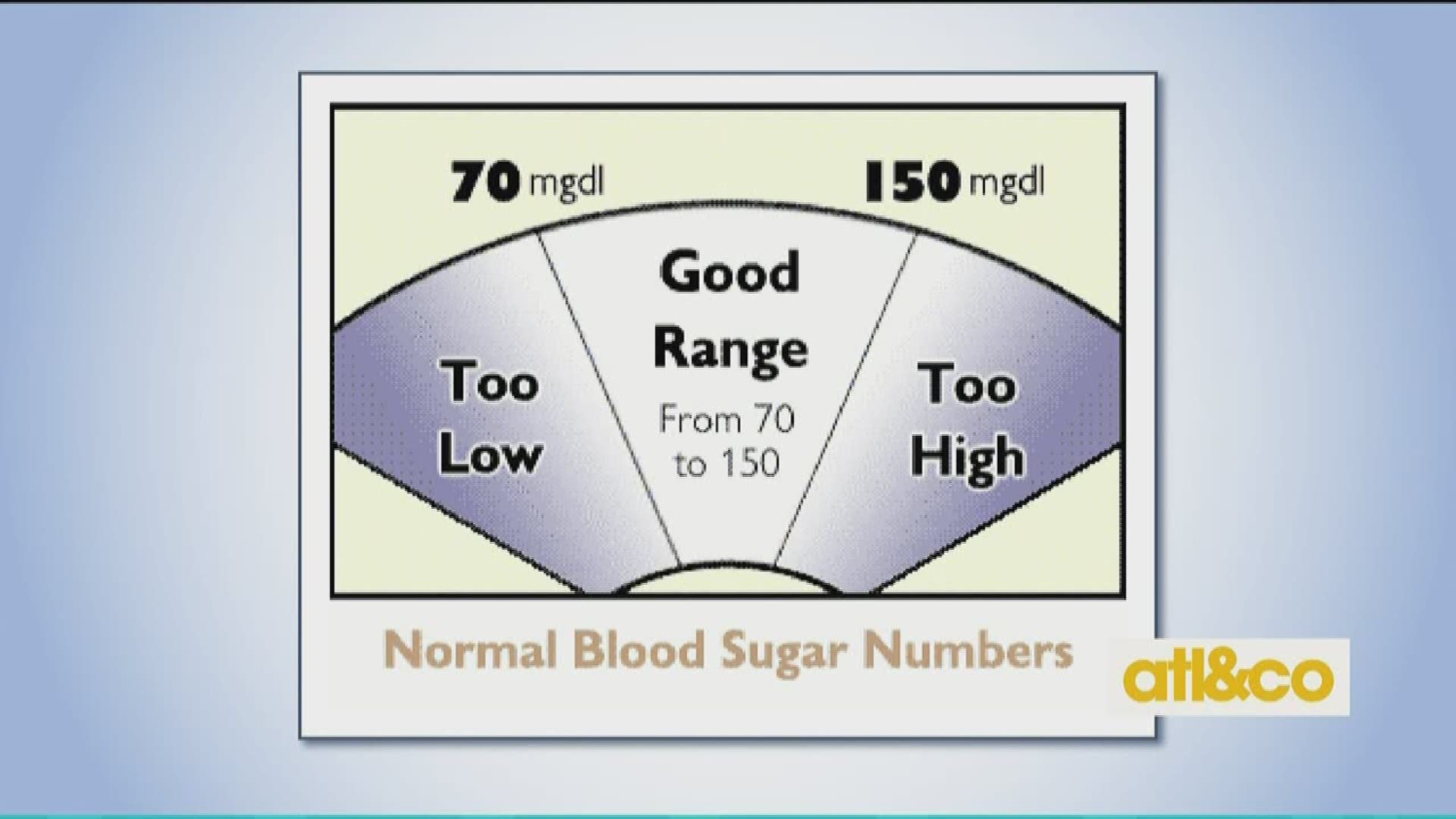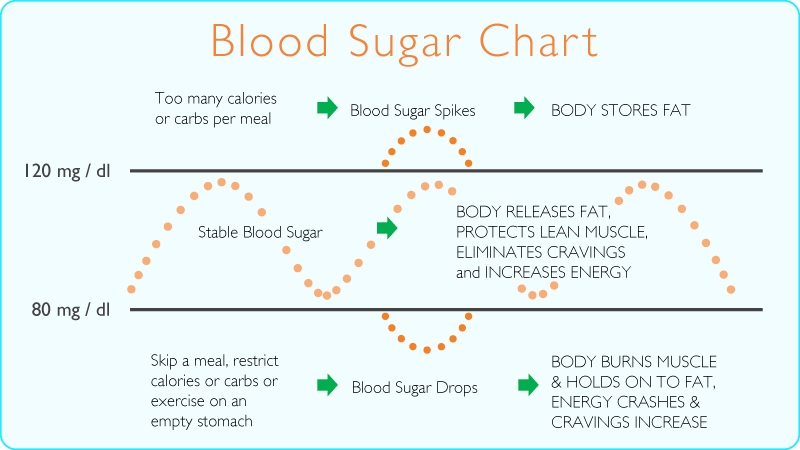Table of Contents
- Effects of Weight Loss on Blood Sugar Levels
- Benefits of Weight Loss for Diabetic Individuals
- Considerations for Managing Blood Sugar Levels during Weight Loss
- The Role of Diet in Blood Sugar Control
- Exercise and Weight Loss: Impact on Blood Sugar Levels
- Monitoring Blood Sugar Levels during Weight Loss
- Sustainable Weight Loss and Long-Term Blood Sugar Management
Effects of Weight Loss on Blood Sugar Levels
Weight loss can have a significant impact on blood sugar levels, particularly for individuals with diabetes. Shedding excess pounds helps to improve insulin sensitivity, allowing cells to utilize glucose more efficiently. This process often leads to lower blood sugar levels, reducing the risk of hyperglycemia and related complications.
Benefits of Weight Loss for Diabetic Individuals
Weight loss not only helps regulate blood sugar levels but also offers several other benefits for individuals with diabetes. These include improved cardiovascular health, reduced blood pressure, decreased reliance on medication, increased energy levels, and enhanced overall well-being.
Weight loss plays a significant role in managing diabetes by positively impacting blood sugar levels. Here are some benefits of weight loss for diabetic individuals:
1. Improved Insulin Sensitivity
Weight loss can enhance the body's sensitivity to insulin, the hormone responsible for regulating blood sugar levels. When you shed excess pounds, insulin can function more effectively, making it easier to control blood sugar.
2. Lower Blood Sugar Levels
Losing weight can directly reduce blood sugar levels, especially in individuals with type 2 diabetes. It allows for better glucose control, decreasing the need for diabetes medications and insulin.
3. Decreased Risk of Complications
Obesity and uncontrolled blood sugar levels are known to increase the risk of various complications associated with diabetes. Weight loss can help reduce the risk of developing heart disease, stroke, nerve damage, kidney problems, and other diabetic complications.
4. Enhanced Energy and Well-being
By shedding excess weight, diabetic individuals often experience increased energy levels, improved mood, and overall better well-being. Regular physical activity and a balanced diet that promote weight loss can lead to an improved quality of life.
5. Long-Term Management
Maintaining a healthy weight is crucial for long-term diabetes management. Weight loss achieved through lifestyle changes, such as adopting a balanced diet and engaging in regular exercise, is more sustainable than relying solely on medication.
In conclusion, weight loss has numerous benefits for individuals with diabetes, including improved insulin sensitivity, lower blood sugar levels, reduced risk of complications, enhanced energy levels, and long-term diabetes management. Therefore, adopting healthy habits to promote weight loss is highly recommended for diabetic individuals.

Considerations for Managing Blood Sugar Levels during Weight Loss
When embarking on a weight loss journey, it is important to carefully manage blood sugar levels, especially if you have diabetes. This section explores various considerations, such as setting realistic goals, consulting healthcare professionals, monitoring glucose levels, adjusting medication, and staying hydrated.
Weight loss can have a significant impact on blood sugar levels, particularly for individuals with diabetes or prediabetes. Here are a few important considerations to keep in mind:
- Consult with a healthcare professional: Before starting any weight loss regimen, it is crucial to consult with a healthcare professional, especially if you have diabetes. They can provide personalized advice and guidance on managing blood sugar levels effectively during weight loss.
- Monitor blood sugar levels regularly: Regularly monitoring your blood sugar levels is essential during weight loss. This can help you understand how your body responds to changes in diet and exercise and enable you to make necessary adjustments to manage your blood sugar effectively.
- Eat a balanced diet: Focus on consuming a balanced diet that includes a variety of foods, such as whole grains, lean proteins, fruits, vegetables, and healthy fats. This can help regulate blood sugar levels and provide essential nutrients for overall health.
- Avoid extreme diets: Extreme diets, such as very low-calorie or restrictive diets, can cause fluctuations in blood sugar levels. It is best to opt for a well-rounded and sustainable approach to weight loss to ensure stable blood sugar control.
- Control portion sizes: Paying attention to portion sizes can help regulate blood sugar levels. It is important to consume appropriate amounts of carbohydrates, proteins, and fats to maintain a balance and prevent spikes or drops in blood sugar levels.
- Engage in regular physical activity: Regular exercise is crucial for weight loss and blood sugar management. It can help improve insulin sensitivity, lower blood sugar levels, and promote overall well-being. Aim for a combination of aerobic exercises, strength training, and flexibility exercises.
- Adjust diabetes medication as necessary: As you lose weight, your diabetes medication dosage may need to be adjusted. It is vital to communicate regularly with your healthcare professional to ensure your medication regimen is aligned with your changing blood sugar levels.
By considering these factors and seeking guidance from healthcare professionals, individuals can effectively manage blood sugar levels during weight loss and maintain their overall health.

The Role of Diet in Blood Sugar Control
Choosing the right diet is crucial for managing blood sugar levels during weight loss. This segment delves into the importance of a balanced and individualized meal plan, emphasizing whole foods, portion control, the significance of macronutrients, and mindful eating habits to support healthy weight management.
When it comes to maintaining optimal blood sugar levels, diet plays a crucial role. People who have diabetes or are at risk of developing it need to be aware of how different foods can affect their blood sugar. Additionally, weight loss has a significant impact on blood sugar levels.
The Importance of a Healthy Diet
Eating a balanced diet that includes a variety of nutrient-rich foods is essential for blood sugar control. Incorporating whole grains, lean proteins, fruits, vegetables, and healthy fats can help stabilize blood sugar levels throughout the day. Avoiding foods high in added sugars, saturated fats, and refined carbohydrates is crucial for individuals with diabetes.
Carbohydrate Counting and Glycemic Index
Monitoring carbohydrate intake is crucial for managing blood sugar levels. Carbohydrates directly affect blood glucose levels. Understanding how different types of carbohydrates, such as simple and complex carbs, can impact blood sugar levels is vital. Glycemic index (GI) is a useful tool that measures how different foods affect blood sugar. Foods with a low GI value are slower to digest and absorb, resulting in more stable blood sugar levels.
Weight Loss and Blood Sugar Levels
For individuals who are overweight or obese, weight loss can have a positive impact on blood sugar levels. Excess body fat, especially around the abdomen, increases insulin resistance and impairs blood sugar regulation. Losing weight reduces this resistance, allowing insulin to work more effectively. This helps lower blood sugar levels and reduces the risk of developing diabetes.
Balancing Calories and Physical Activity
Alongside diet modifications, incorporating regular physical activity is essential for weight loss and blood sugar control. Engaging in activities like brisk walking, cycling, or strength training helps burn calories, build lean muscle, and improve insulin sensitivity. A combination of a healthy diet and regular exercise contributes to overall weight loss, better blood sugar control, and improved overall health.
Diet plays a significant role in blood sugar control, and understanding the impact of weight loss is crucial for individuals with diabetes or those at risk. A balanced diet that focuses on nutrient-rich foods, carbohydrate counting, and considering the glycemic index can help stabilize blood sugar levels. Additionally, shedding excess weight through healthy eating and physical activity is vital for reducing insulin resistance and maintaining optimal blood sugar control.

Exercise and Weight Loss: Impact on Blood Sugar Levels
Physical activity is a powerful tool for both weight loss and blood sugar control. Here, we explore how regular exercise can contribute to lowering blood sugar levels, improving insulin sensitivity, increasing metabolism, promoting weight loss, and providing additional health benefits for individuals with diabetes.
Weight loss plays a crucial role in managing blood sugar levels, especially for individuals with diabetes. Understanding how weight loss affects blood sugar levels is essential for maintaining good overall health.
Weight Loss and Blood Sugar
When an individual engages in regular exercise and follows a balanced diet to lose weight, it can significantly impact their blood sugar levels. Excess body weight, particularly in the abdominal area, is associated with insulin resistance, which makes it difficult for cells to use insulin effectively. Insulin is a hormone responsible for regulating blood sugar levels. By losing weight, insulin sensitivity improves, making it easier for cells to respond to insulin and effectively regulate blood sugar.
Effects of Exercise
Incorporating physical activity into a weight loss regimen further enhances the benefits on blood sugar levels. During exercise, the muscles utilize glucose as a source of energy. This process helps to lower blood sugar levels and increases the efficiency of insulin. Regular exercise also helps in reducing overall body fat, which contributes to improved blood sugar control. Additionally, exercise improves cardiovascular health and reduces the risk of developing chronic conditions such as heart disease, which are commonly associated with diabetes.
Important Considerations
It is important to note that any changes in exercise or weight loss programs should be done under the guidance of a healthcare professional, especially for individuals with pre-existing medical conditions. Monitoring blood sugar levels regularly is crucial during weight loss, as adjustments in medication or diet might be necessary to ensure stable blood sugar control.
In conclusion, weight loss has a positive impact on blood sugar levels, especially when combined with regular exercise. Losing weight helps improve insulin sensitivity and overall blood sugar control. Engaging in physical activity not only aids in weight loss but also enhances the body's ability to utilize insulin and regulate blood sugar levels effectively. Therefore, maintaining a healthy weight and engaging in regular exercise are vital components of managing blood sugar levels for individuals with diabetes.

Monitoring Blood Sugar Levels during Weight Loss
Monitoring blood sugar levels is vital during weight loss to ensure safety and track progress effectively. This section discusses different monitoring methods, such as self-monitoring devices, continuous glucose monitoring systems, interpreting results, and understanding target ranges to maintain optimal blood sugar control.
When it comes to managing diabetes or preventing the onset of type 2 diabetes, monitoring blood sugar levels is essential. This becomes even more crucial during weight loss as changes in body composition and dietary patterns can directly impact blood sugar levels.
Weight loss, especially when achieved through a combination of a healthy diet and regular exercise, has shown positive effects on blood sugar control. Losing excess weight helps to improve insulin sensitivity, which allows the body to better regulate blood sugar levels.
When you reduce your body weight, particularly if you have been overweight or obese, your body becomes more efficient at using insulin to move glucose from the bloodstream into the cells. This helps to lower blood sugar levels and reduces the risk of developing insulin resistance.
It is important to monitor blood sugar levels during weight loss to ensure they stay within the desired range. Regularly checking blood glucose levels can help identify any potential fluctuations and enable adjustments in diet or medication if needed.
In addition to monitoring blood sugar levels, other important aspects of managing blood glucose during weight loss include maintaining a balanced diet that is low in added sugars and carbohydrates, and ensuring regular physical activity. It is advisable to consult with a healthcare professional or a registered dietitian to create an individualized plan.
Overall, weight loss can have a positive impact on blood sugar control by improving insulin sensitivity and reducing the risk of developing diabetes. Monitoring blood sugar levels during the weight loss journey is vital for successful management and to ensure overall health and well-being.

Sustainable Weight Loss and Long-Term Blood Sugar Management
Achieving sustainable weight loss and long-term blood sugar management requires adopting healthy habits and making lifestyle changes. This final section highlights the significance of consistent, long-term efforts, self-care practices, support systems, and setting realistic expectations to maintain optimal weight and blood sugar control over time.
In today's society, many individuals struggle with maintaining a healthy weight and managing their blood sugar levels. Weight loss can have a significant impact on blood sugar regulation and long-term health. Let's explore how weight loss affects blood sugar levels and the importance of sustainable approaches for lasting results.
How Does Weight Loss Affect Blood Sugar Levels?
Weight loss plays a crucial role in managing blood sugar levels, especially for individuals with diabetes or prediabetes. Excess weight, particularly abdominal fat, can increase insulin resistance, making it challenging for the body to regulate blood sugar effectively. By losing weight, individuals can reduce insulin resistance, leading to improved blood sugar control.
Weight loss achieved through healthy eating and regular physical activity can enhance insulin sensitivity, allowing the body's cells to better respond to insulin and efficiently utilize glucose. As a result, blood sugar levels stabilize, reducing the risk of complications associated with high or fluctuating blood sugar levels.
The Importance of Sustainable Weight Loss
While weight loss can positively impact blood sugar levels, it is crucial to adopt sustainable strategies to ensure long-term success. Crash diets or extreme calorie restriction may result in rapid initial weight loss but are typically unsustainable. These approaches can also trigger a sharp drop in blood sugar levels, leading to symptoms like fatigue, dizziness, and cravings for high-sugar foods.
Sustainable weight loss focuses on making gradual lifestyle changes, including a balanced diet rich in whole foods, regular physical activity, and adequate sleep. Such an approach promotes steady weight loss, helping individuals maintain their blood sugar levels within a healthy range while building sustainable habits for the future.
Achieving sustainable weight loss not only helps individuals achieve their desired weight but also has a significant impact on blood sugar regulation and long-term health. By adopting healthy lifestyle changes, such as balanced eating and regular exercise, individuals can improve their insulin sensitivity, manage blood sugar levels, and reduce the risk of complications associated with diabetes or prediabetes.

Key Takeaways
- Weight loss positively impacts blood sugar levels and enhances insulin sensitivity.
- Weight loss offers several benefits, including improved cardiovascular health and increased overall well-being for individuals with diabetes.
- Considerations during weight loss include setting realistic goals, monitoring blood sugar levels, and seeking healthcare advice.
- A balanced and personalized diet plays a vital role in blood sugar control during weight loss.
- Regular exercise helps lower blood sugar levels, boost metabolism, and support weight loss efforts.
- Monitoring blood sugar levels through appropriate methods is crucial during weight loss.
- Achieving sustainable weight loss and long-term blood sugar management requires consistent efforts and lifestyle changes.
Frequently Asked Questions (FAQ)
- Q: Can weight loss alone reverse diabetes?
- A: Weight loss can greatly improve blood sugar control, potentially leading to the remission of type 2 diabetes in some individuals. However, it is essential to consult a healthcare professional for guidance and closely monitor blood sugar levels throughout the process.
- Q: How long does it take to see improvements in blood sugar levels through weight loss?
- A: The timeframe for experiencing improvements in blood sugar levels can vary. It generally depends on individual factors such as starting weight, dietary changes, physical activity levels, and overall health. Consistency in healthy habits is key.
- Q: Are there specific diets recommended for blood sugar control during weight loss?
- A: While there is no one-size-fits-all diet for blood sugar control, focusing on a balanced and individualized meal plan, low in processed sugars and refined carbohydrates, is often recommended. Consulting with a registered dietitian can help create a tailored plan based on personal needs and preferences.



Recent Comments